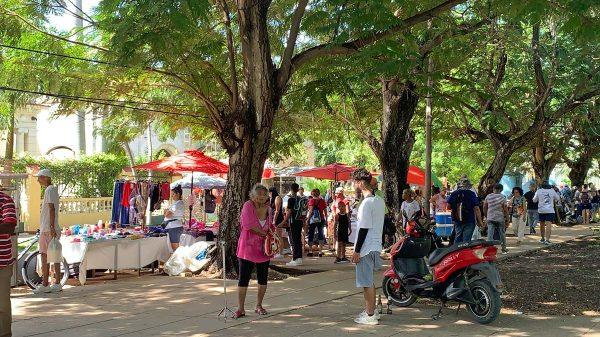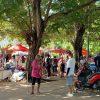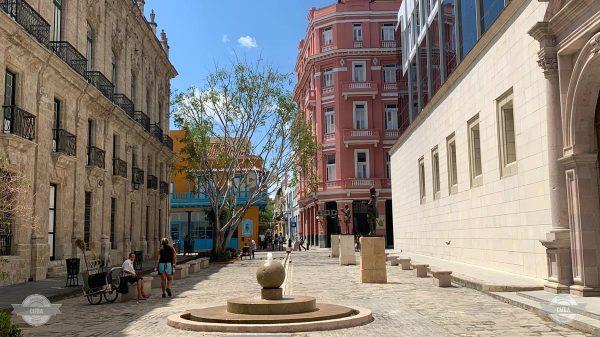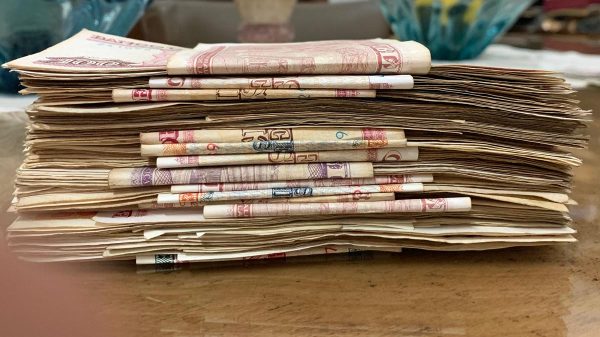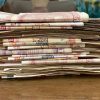Cuba has asked to suspend debt repayments to the Paris Club until 2022 citing the impact on its economy due to the COVID-19 pandemic, according to diplomatic sources interviewed by AFP.
In a letter addressed to the group of 14 creditor countries which includes Britain, Canada, France, Spain, and Japan, Deputy Prime Minister Ricardo Cabrisas proposed “a moratorium for 2019, 2020 and 2021, in order to start paying again in 2022, ” diplomatic sources said.
Havana was unable to pay $30 million in reimbursements in 2019.
The COVID-19 pandemic has impacted Cuba’s ability to settle the debt.
According to one source, the letter states that Cuba would reassess its economic situation in 2021 to see if it could resume repayments.
The 19-member Paris Club is comprised of Australia, Austria, Belgium, Canada, Denmark, Finland, France, Britain, Italy, Japan, the Netherlands, Spain, Sweden, and Switzerland.
In 2015 Cuba reached a deal with its Paris Club creditors to restructure debt until 2033, in which the Island would pay $2.6 billion of arrears over an 18-year period and wipe out $8.5 billion of late payment charges.
Other countries offered debt forgiveness including Russia ($35 billion), Spain (1.709 billion euros ($1.88 billion), China ($6 billion), and Mexico ($500).
The agreement with the Paris Club is essential for Cuba. The Island is managing not only the health of its citizens during the pandemic but also been subjected to punishing US sanctions since 1960.
US President Donald Trump has hardened economic sanctions in an effort to reverse all progress made by the former president Barack Obama and gain the Florida vote. These sanctions have created fuel and food shortages, and limited remittances sent from Cubans abroad. Those sanctions have not ceased and in fact, have increased during the pandemic.
Global COVID19 travel restrictions affected Cuba’s main industries, including tourism revenues.
In 2018, tourism brought in $3.3 billion to the nation’s economy, but the lack of tourists since late March has affected the income of employees of hotels, restaurants, taxi drivers, and private entrepreneurs and their employees.
U.S. sanctions have also affected the number of Americans who visit because of their government’s restrictions on their rights to travel to Cuba.
“It’s time to work on our reserves,” said Economy Minister Alejandro Gil, because “we must save everything we can.”
On Wednesday, the Group of 20 nations announced a one-year debt moratorium for the world’s poorest nations as they struggle to deal with the coronavirus pandemic.
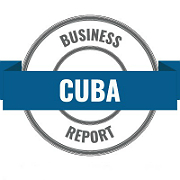
From our staff writers and editors.







